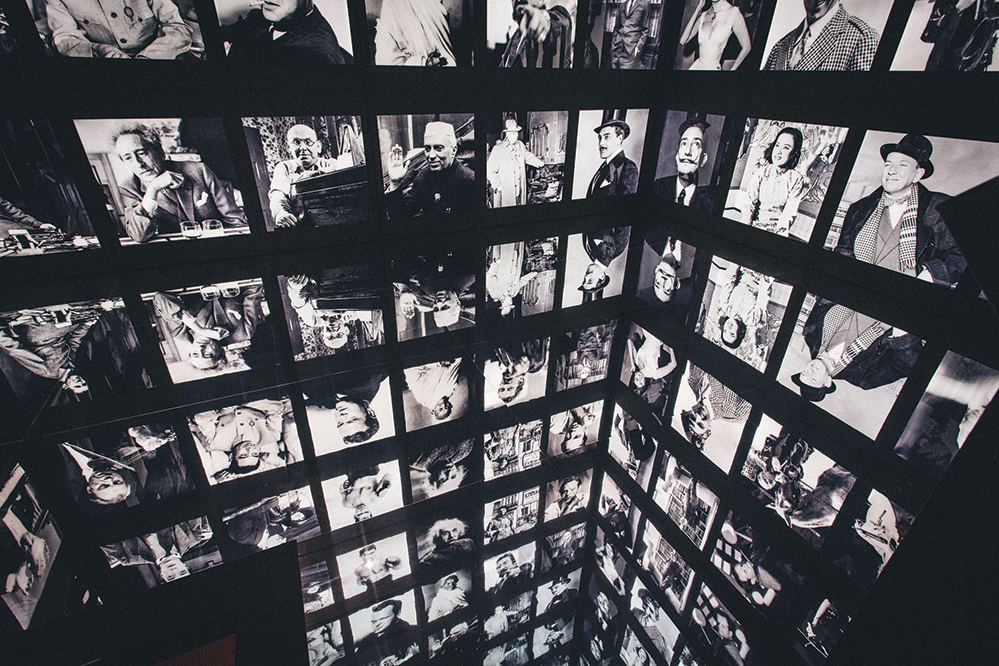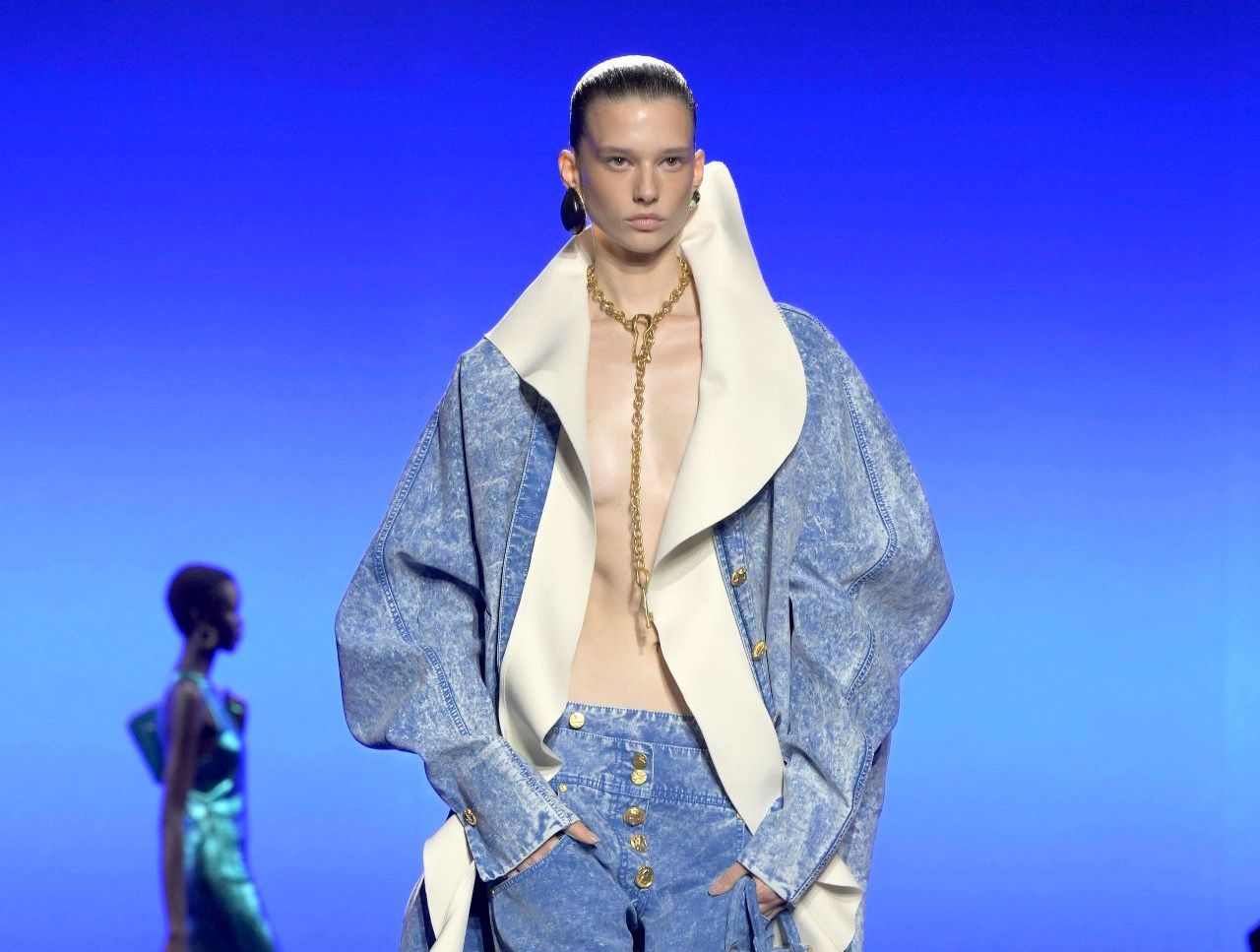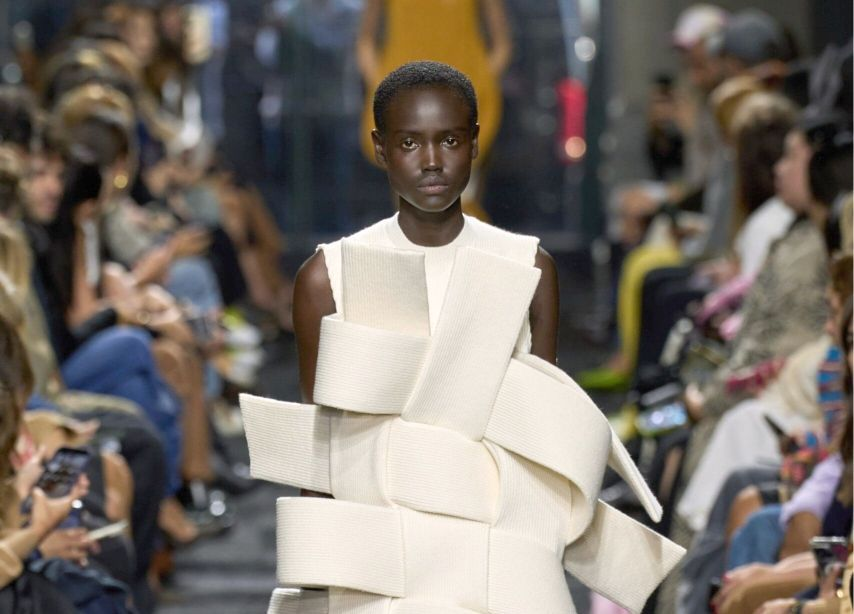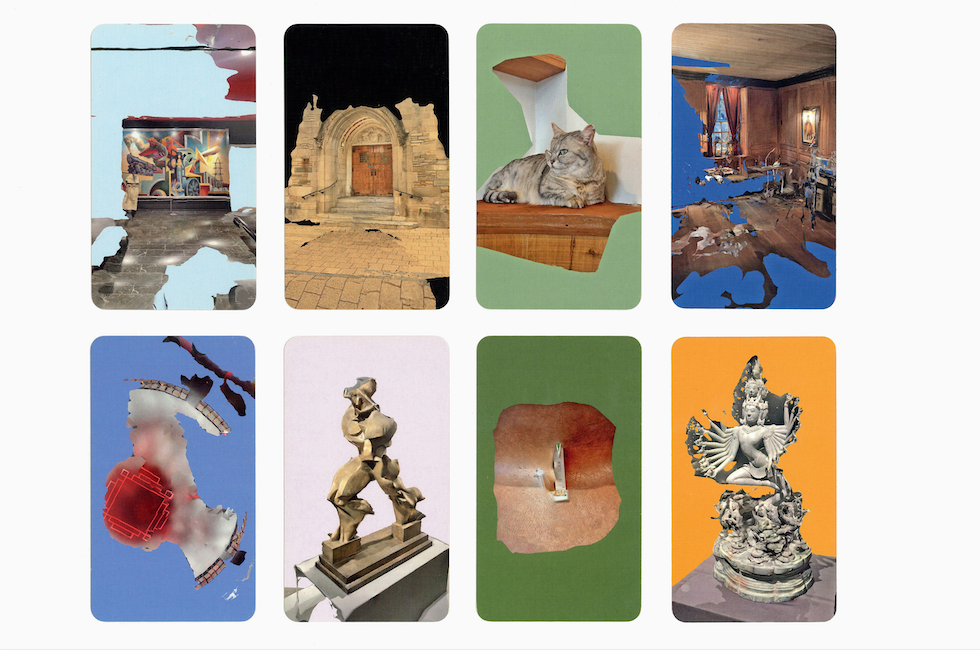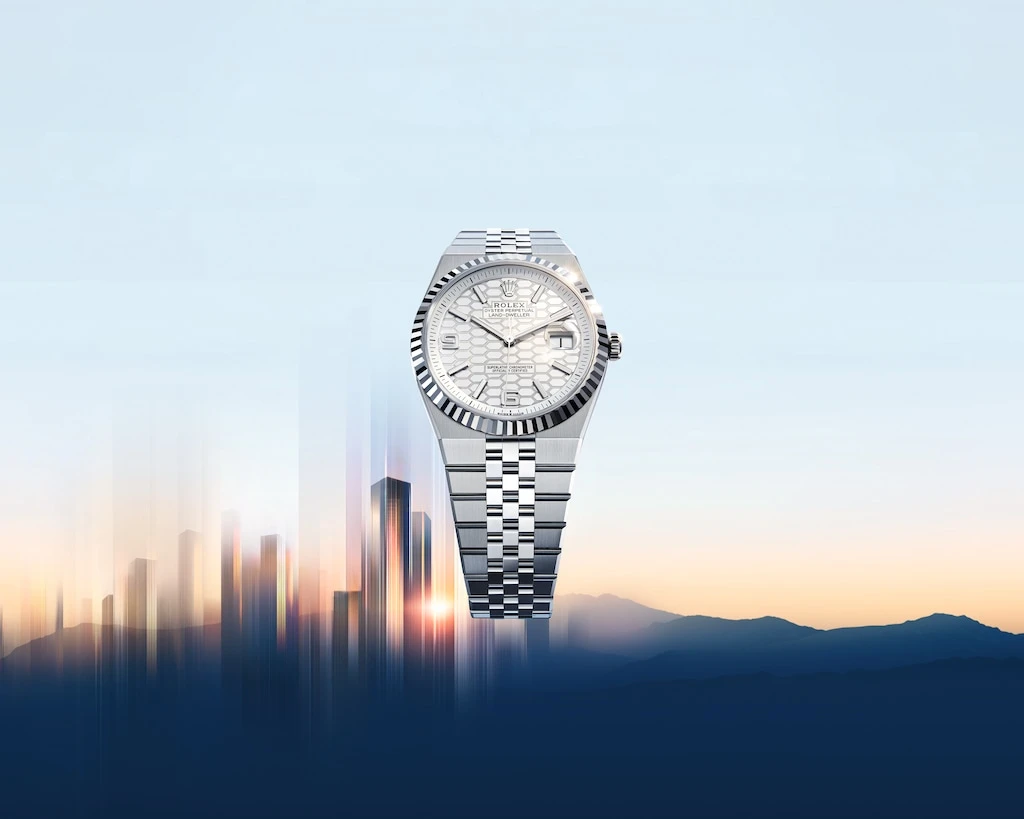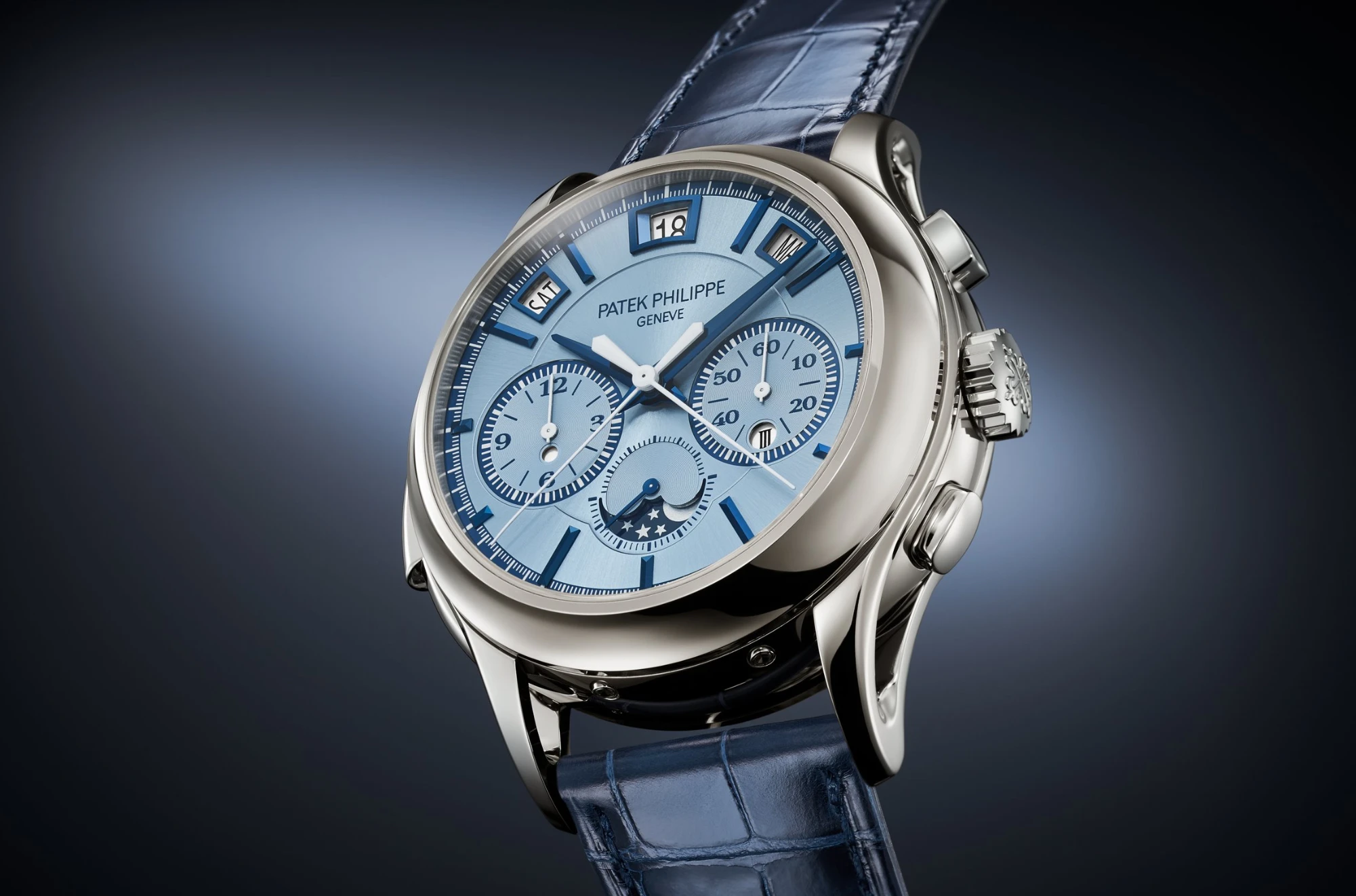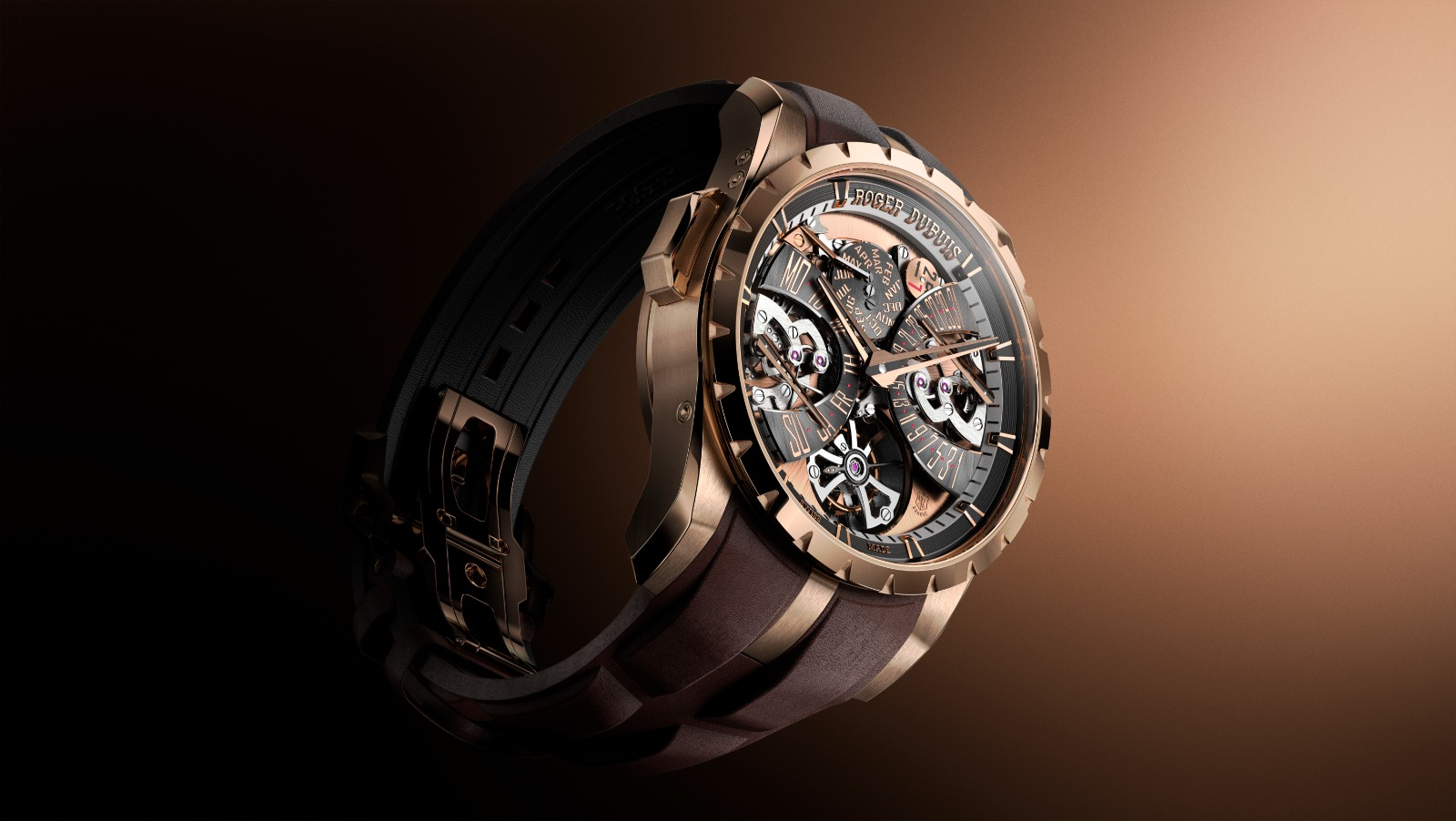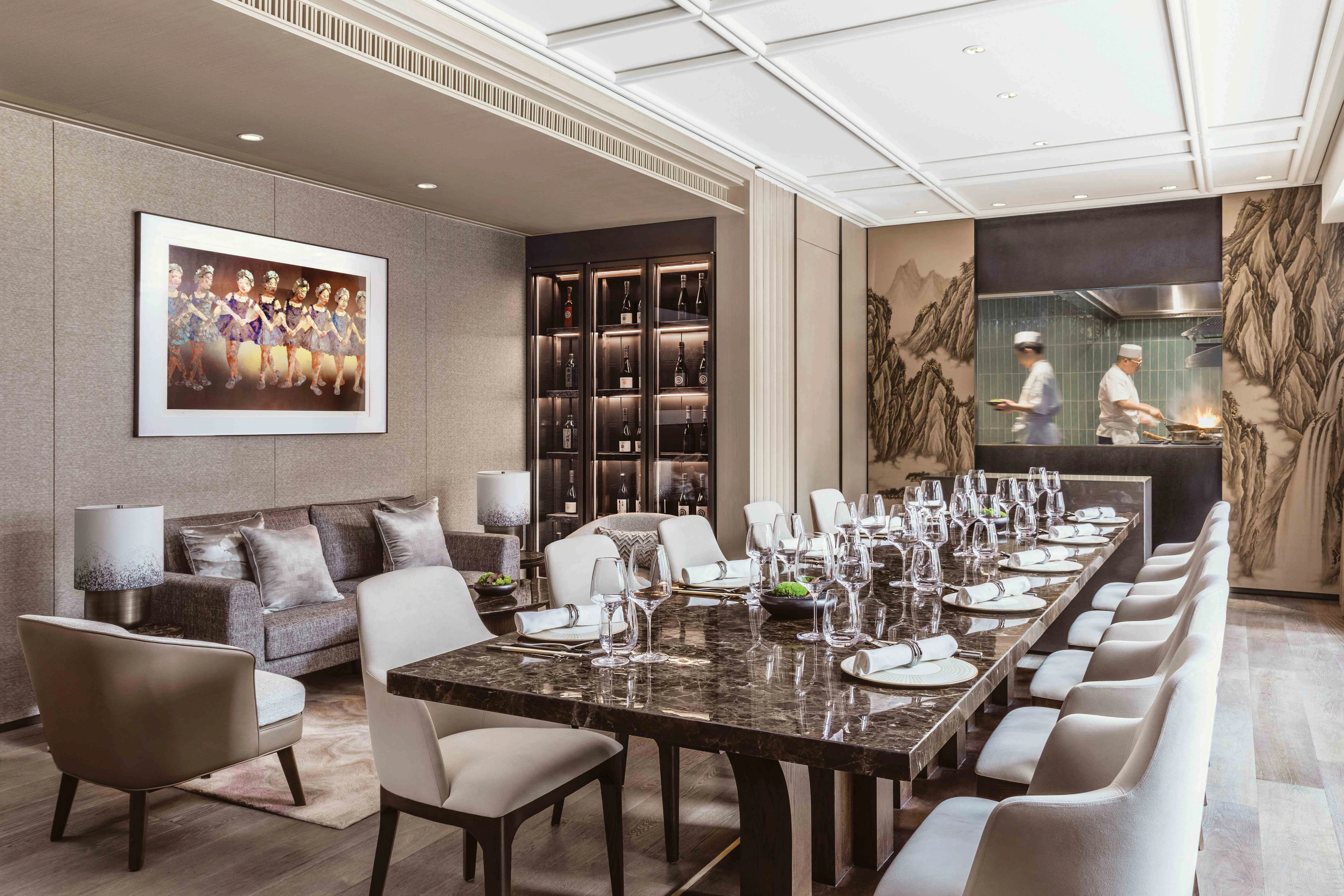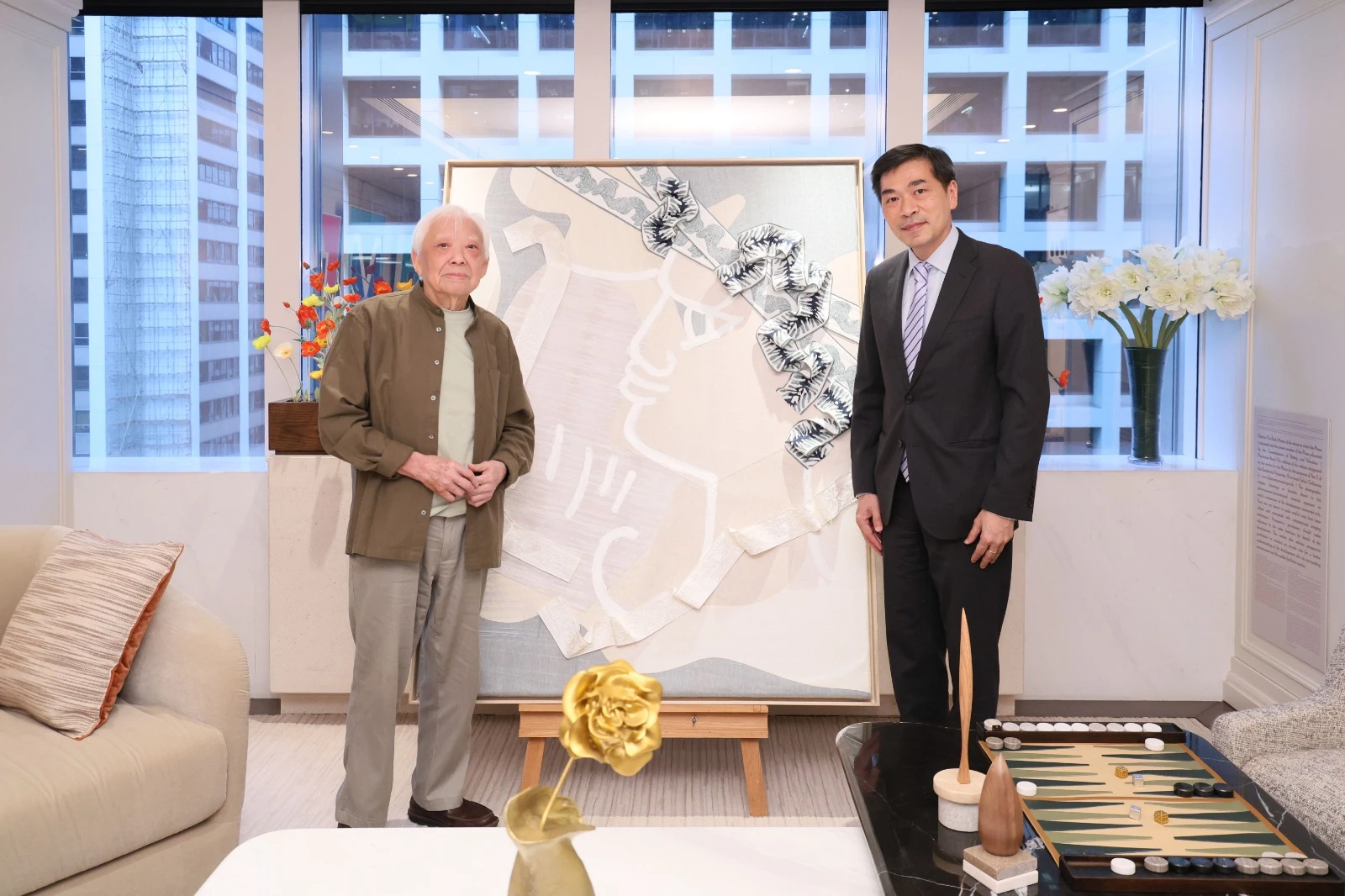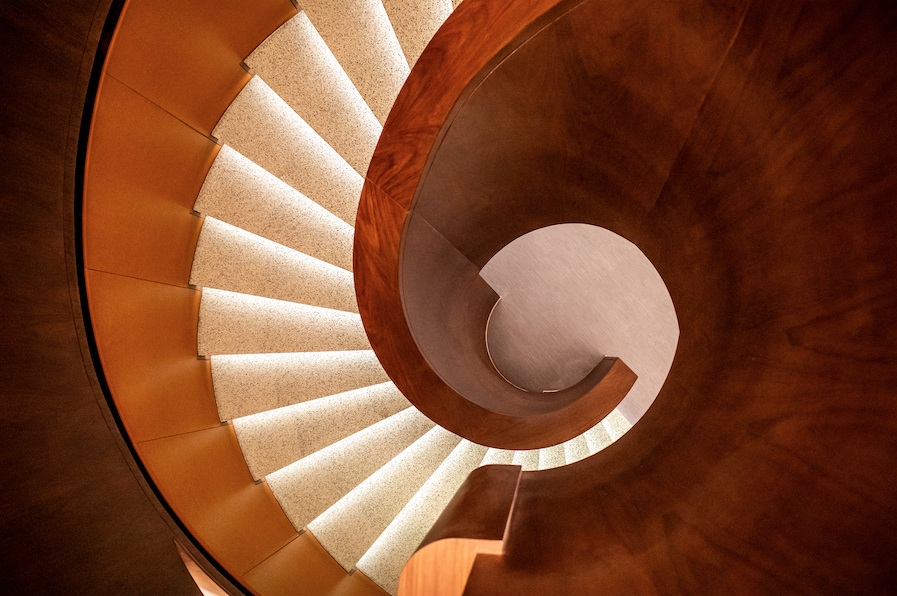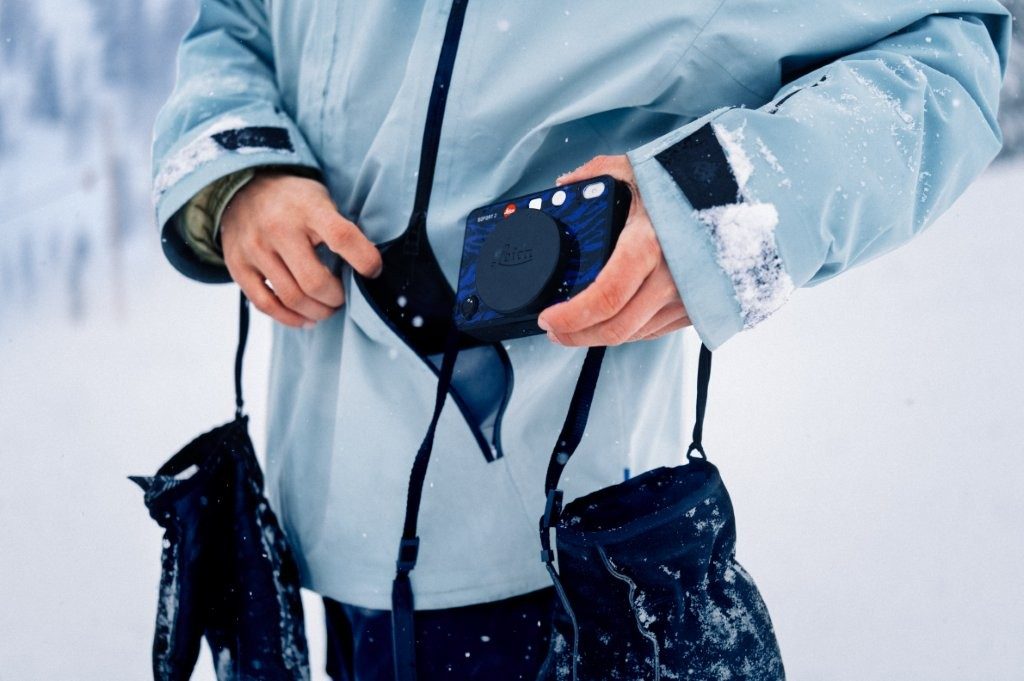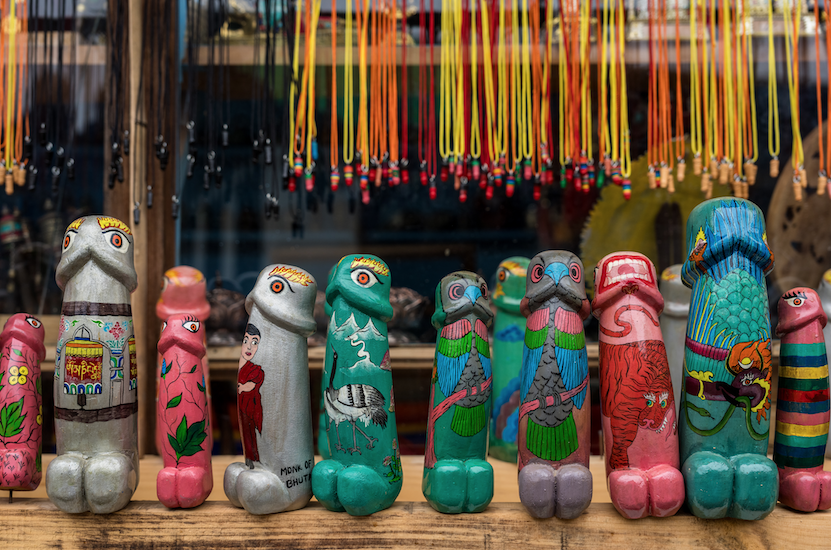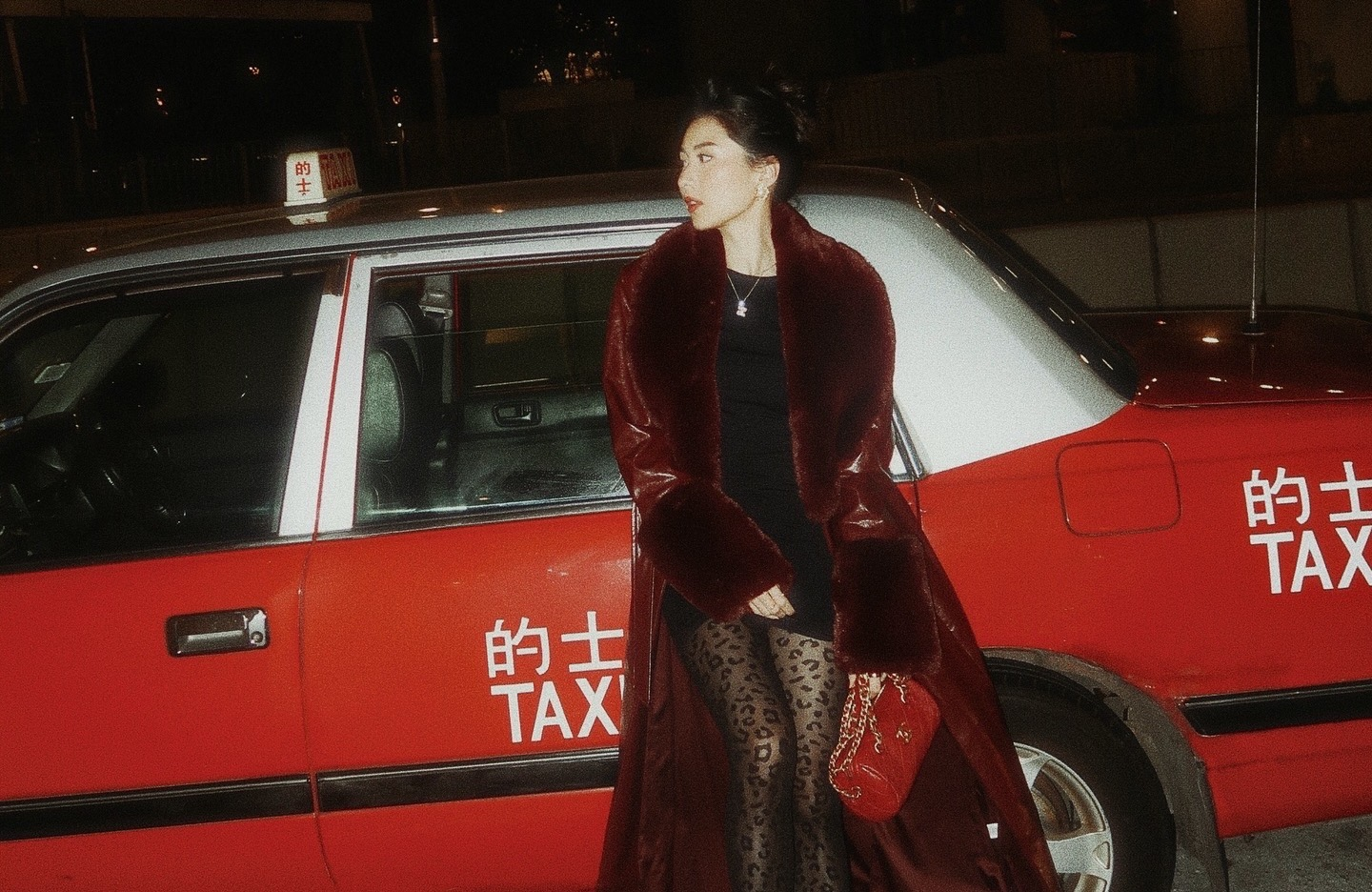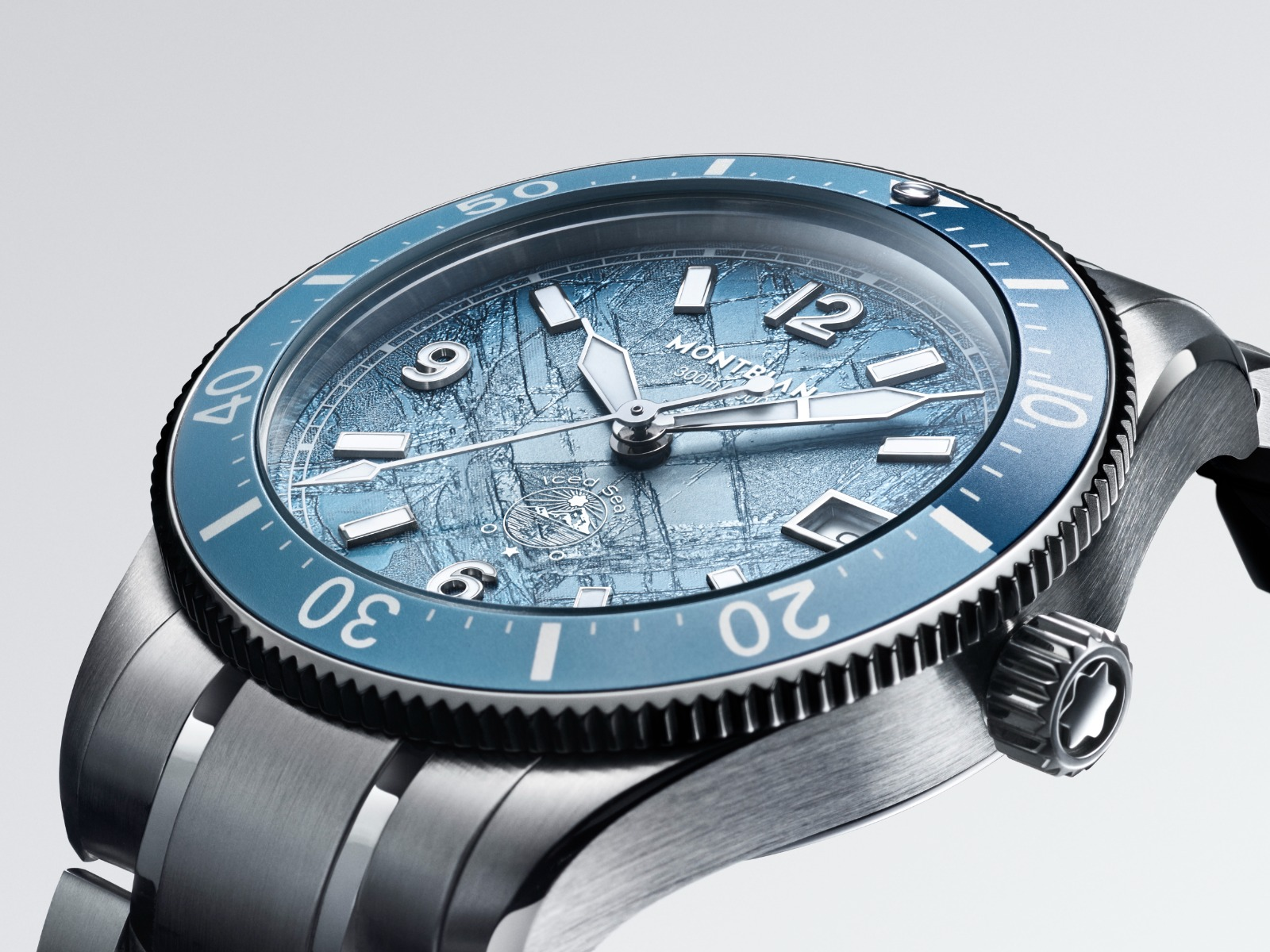Jaeger-LeCoultre Timepieces Among Treasures at the Charlie Chaplin Museum
Sep 21, 2016
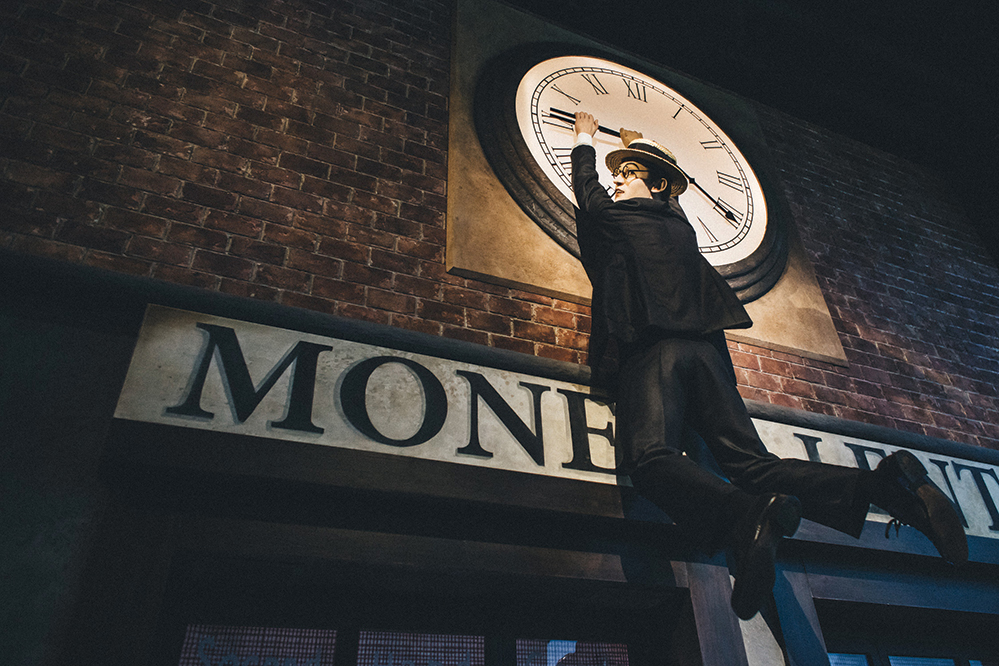
Most people claim some knowledge of Charlie Chaplin, but few know more than he was an English comic actor and film director famous for his portrayal of the Tramp – with bowler hat, baggy trousers, splayed boots and tiny moustache – and for a knack of bringing alive movies in the silent film era.
A museum paying tribute to Chaplin was conceived in 2000, when Swiss architect Philippe Meylan and museographer Yves Durand, both Chaplin fans, dreamed of a permanent exhibition of artefacts connected with the legendary actor-director that would allow visitors to discover the man behind the movies. They dreamed of putting the museum in Manoir de Ban, in Corsier-sur-Vevey, a picturesque village on the shores of Lake Geneva. Manoir de Ban is the estate where Chaplin spent the last 25 years of his life with his wife Oona, with whom he had eight children.
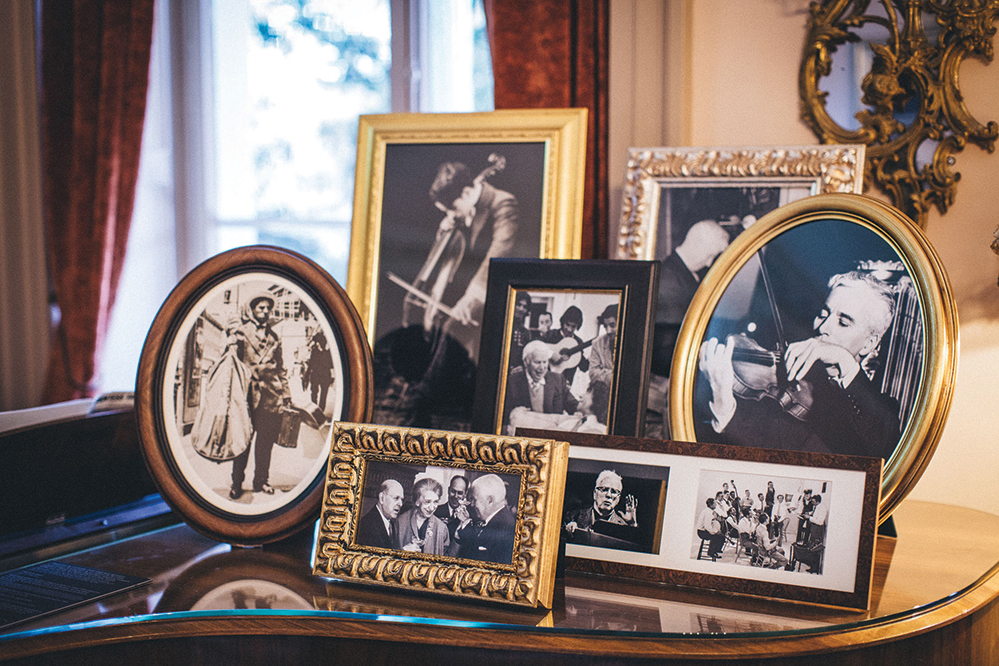
The museum, Chaplin’s World, was completed this year and opened its doors to the public on April 17. The museum took more than a decade to finish and progress was sometimes slow. Meylan and Durand were fortunate to have strong backers, including Jaeger-LeCoultre, the watchmaker with whom Chaplin enjoyed a special link.
Finding himself unwelcome in the United States, where he had made his career, Chaplin settled in Switzerland in 1953. The Swiss canton of Vaud was so enamoured of Chaplin that it made him a gift of a Jaeger-LeCoultre Memovox wristwatch. The watch has an 18k gold case and a hand-wound mechanical movement. Inscribed on the back of the case are the words: “Hommage du gouvernement Vaudois à Charlie Chaplin – 6 octobre 1953”, French for “Given in honour of Charlie Chaplin by the Vaudois Government – October 6, 1953”.
Jaeger-LeCoultre introduced the Memovox in 1950. The name is derived from the Latin words memor, meaning remembering, and vox, meaning voice, and so indicates that the watch had an alarm function. “Why did Jaeger-LeCoultre develop this watch at the time? It was probably because there were no iPhones and they needed something to wake them up in the morning,” quips Jaeger-LeCoultre chief executive Daniel Riedo. The trend in the 1950s was to make bedside clocks and pocket watches smaller so they could be worn on the wrist. The Memovox was a result of this trend.
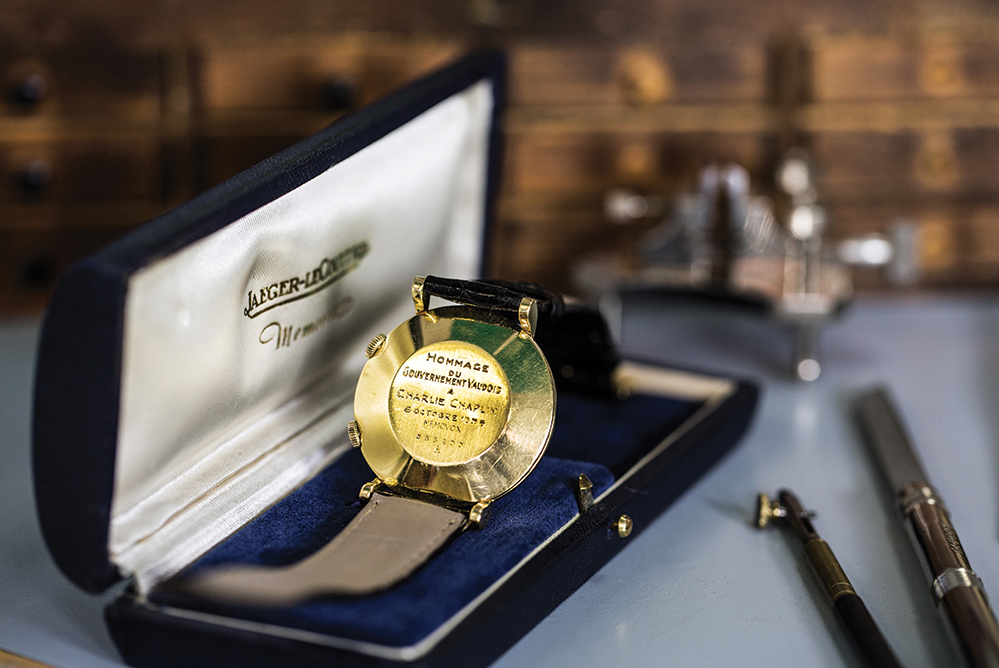
“The Memovox watch was one of the first ones to be produced in 1950s and it is still being produced today,” Riedo says. The last time the Memovox line was brought up to date was in 2011, when Jaeger-LeCoultre produced a limited series of remakes. “We will have a new version this year,” Riedo says. “The design is the same, but we will come to the market with some new dials that are also linked to its heritage.”
The Memovox wasn’t the only Jaeger-LeCoultre timepiece that Chaplin owned.
In 1972, the Swiss press photographers association awarded Chaplin its Caméra Souriante prize in the form of a Jaeger-LeCoultre Atmos clock. The Atmos was invented in 1928. The clock is almost a perpetual complication – a technical achievement that remains as important now as it was then.
The clock counts the hours, days and years without the need for a battery or rewinding. Standing in a glass cabinet, it indicates the months on an openwork disc at the centre of the dial and displays the hours and minutes on a second dial, along with a moon phase display.
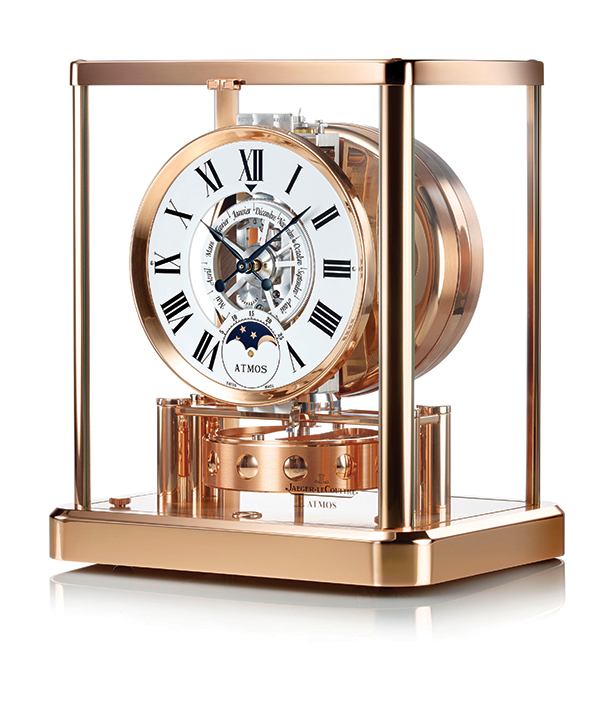
Chaplin’s Memovox and an Atmos Classique Phases de Lune identical to the one presented to him, are exhibits in Chaplin’s World. “It was a natural collaboration,” Riedo says of the company’s role in the museum’s collection. Jaeger-LeCoultre, founded in 1833, is closely involved in the world of cinema. Many of the watchmaker’s brand ambassadors are actors or directors. They include Clive Owen, Zhao Wei, Diane Kruger and Chaplin’s granddaughter, Carmen Chaplin. Jaeger-LeCoultre also sponsors several film festivals, including the Venice Film Festival and Shanghai International Film Festival. In mainland China, the watchmaker is engaged in a long-term project to restore classic Chinese films.
Chaplin’s Memovox watch and the Atmos clock can be found in the Manoir section of the museum, where many of the original furnishings of Chaplin’s residence and mementos of his family are on show. The other part of the museum is an interactive studio, with life-size wax figures of Chaplin and his co-stars posed to recreate scenes from his most famous films, including the blizzard scene in The Gold Rush and the barber’s chair scene from The Great Dictator. Film clips, sketches and notes illustrating Chaplin’s career in cinema are displayed in the hallways. A stroll in the grounds, about 4 hectares, rewards the visitor with views of serene Lake Geneva and the majestic Alps.
It is a Switzerland that Chaplin loved as much as Switzerland loved Chaplin.
